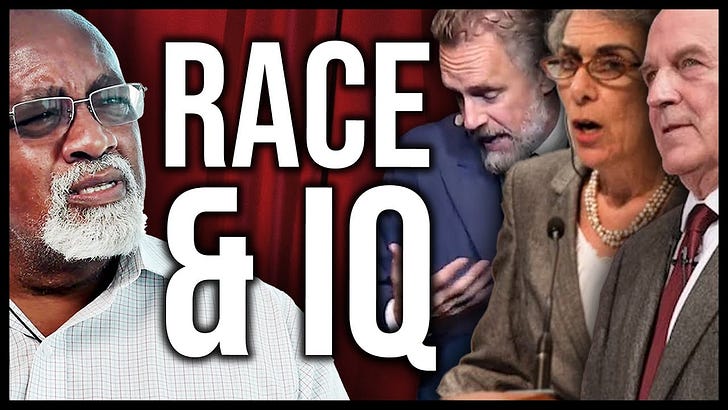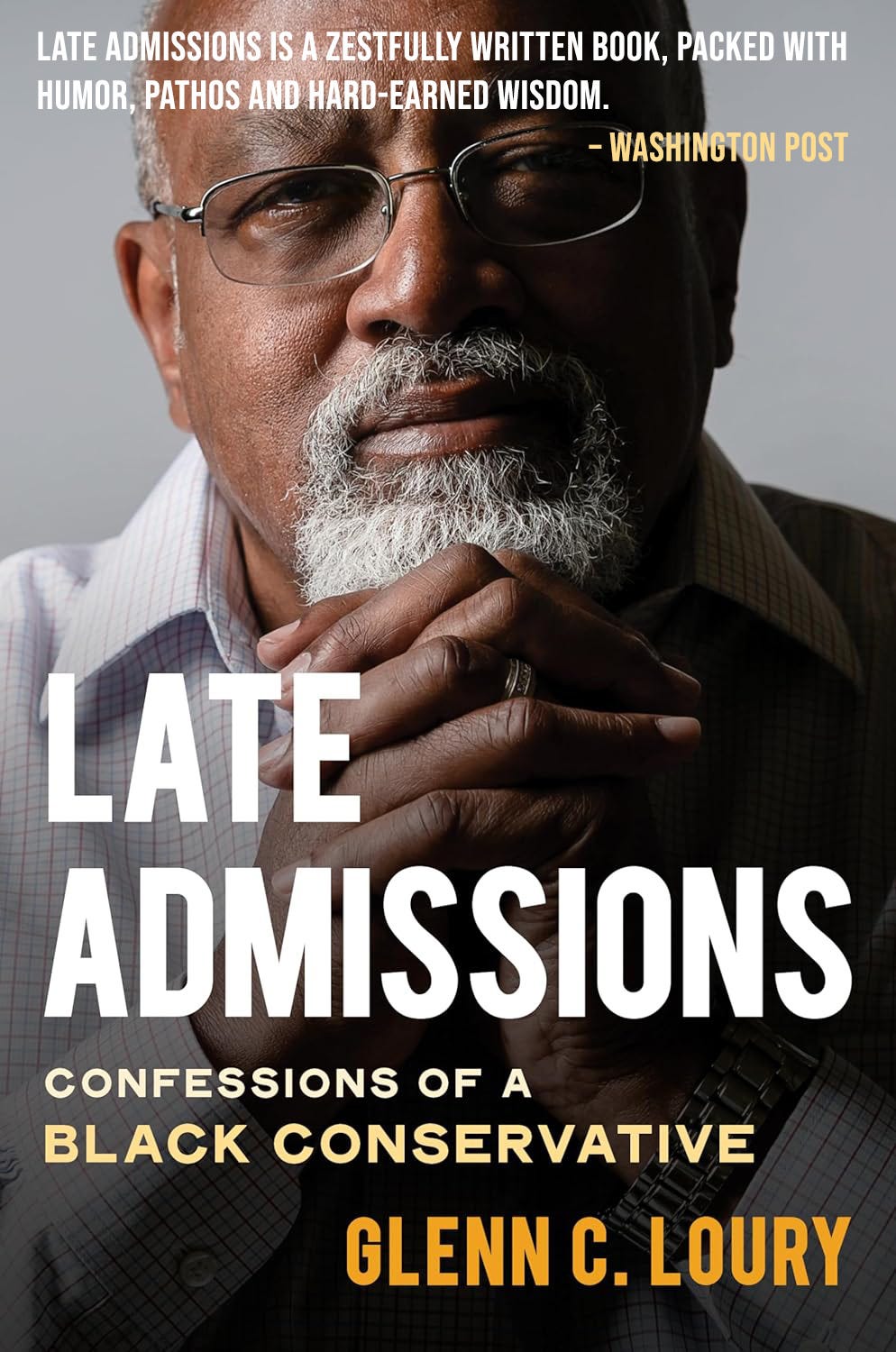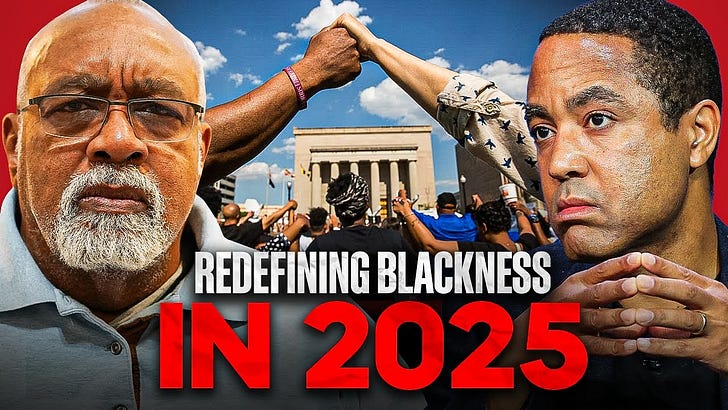Normally, I’d have a new episode with John McWhorter for you today. But my back was acting up before our scheduled recording time, and unfortunately I had to cancel. Instead, I’ve had my team assemble a show that gathers some of my exchanges on race, group difference, and intelligence. This has been a running theme on the show for some time, though not because I am a staunch defender or a staunch critic of the idea that disparities in average measures of intelligence between races have a genetic basis. I’m agnostic on the matter—I think we know far too little to accurately gauge if and to what extent these disparities are natural and fixed. These clips from conversations with John, Charles Murray, Amy Wax, Jordan Peterson, and Lex Fridman feature me engaging with the question but not positing an answer, because I don’t think we have one.
At least not yet. And the issue of whether or not we can or should attempt to answer the question is one on which I do have a hard stance: yes, we should. We cannot let politics interfere with rigorous, disinterested, good-faith efforts on the part of scientists to determine whether or not there is a strong genetic component to group differences in intelligence. We don’t yet know if there is one.
But suppose there isn’t. Obtaining well-documented and well-funded scientific consensus in the negative would give those who oppose the persistence of biological determinism in the race debate a powerful weapon in their struggle. In the case of a negative result, I would happily join that opposition, because it would be correct. And suppose there is a strong, demonstrable, testable link between genetics and intelligence. In that case, once discovering it, we would presumably understand more about what’s causing it. There could be remedies to the problem we cannot currently access, because we don’t understand the problem and because the current political environment makes it impossible even to try to understand it.
We rarely get definitive answers to social questions, because those questions are not merely scientific. Even if there were an agreed-upon answer on the origins of group differences in intelligence, there would still be a debate on how to remedy the resulting ill effects. That debate, which depends on normative judgments, assessments of value, could not be answered scientifically. But in order to weigh such normative considerations, we need to know what we’re dealing with. That's where science comes in. Proscribing any scientific discussion of the issue isn’t a solution. It’s ignorance in the guise of righteousness.
This post was released on Monday to paying subscribers and is now unlocked. To receive early access to TGS episodes, an ad-free podcast feed, Q&As, and other exclusive content and benefits, click below.
Sign Up for City Journal’s Newsletter
City Journal provides rigorous analysis that allows you to reach your own conclusions, rather than rehashing ideologically “safe” talking points. Explore it for yourselves and sign up for their free newsletter today.
0:00 A message from Glenn
1:14 Unsettling the “Settled Questions,” Glenn Loury & John McWhorter
2:59 The Race and IQ Question, Glenn Loury & John McWhorter
12:19 Ground News ad
14:42 Facing Reality, Glenn Loury & Charles Murray
23:43 The IQ Taboo, Glenn Loury & Amy Wax
33:31 Debate with an Embattled Racial Realist, Glenn Loury & Amy Wax
48:07 The Uncomfortable Truth Behind Economic Inequality, Glenn Loury
41:44 The Dangers of Research into Race & IQ, Glenn Loury & Lex Fridman















Share this post